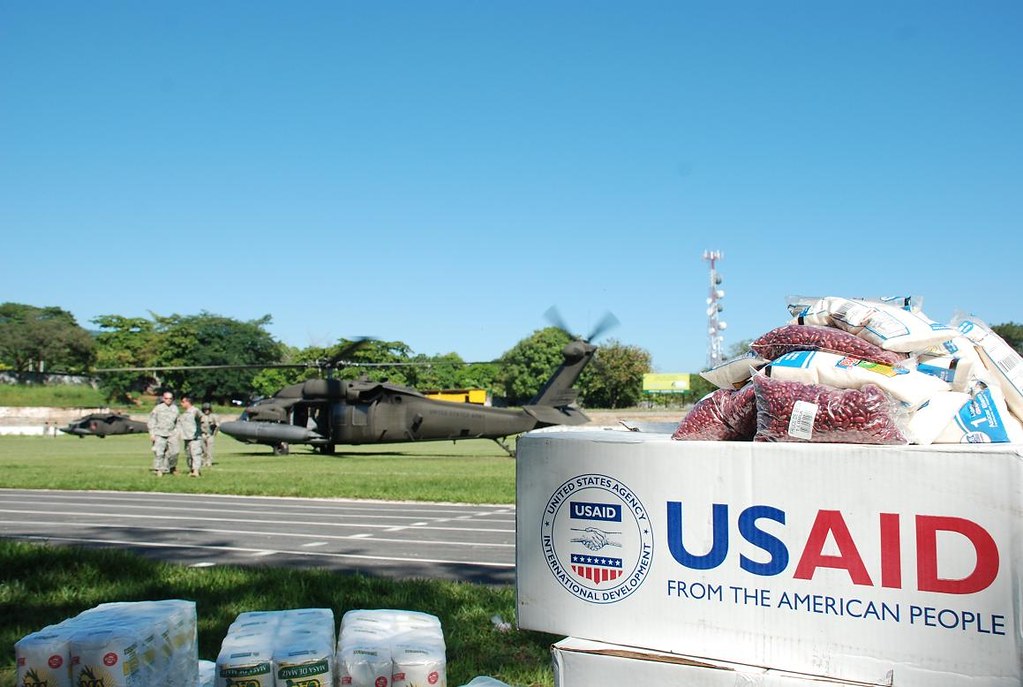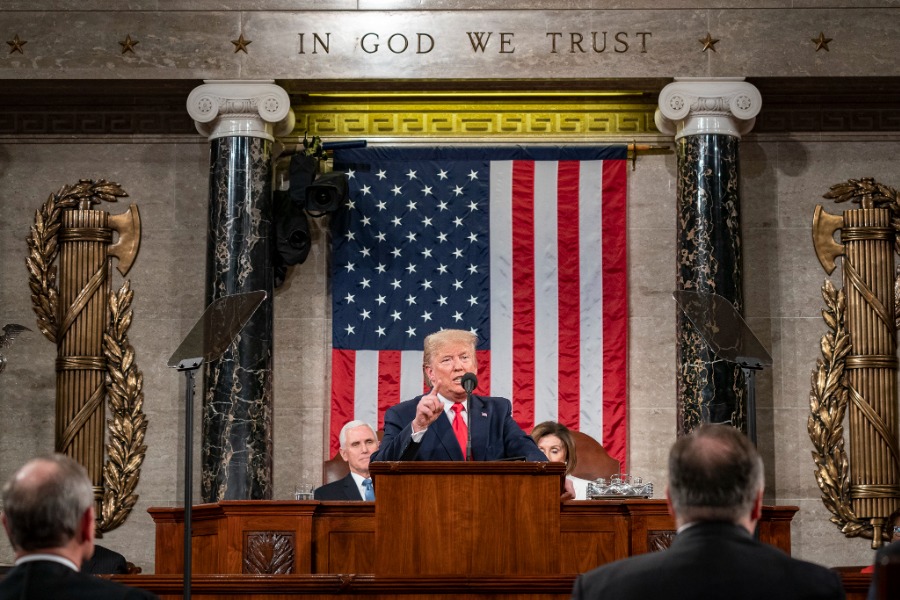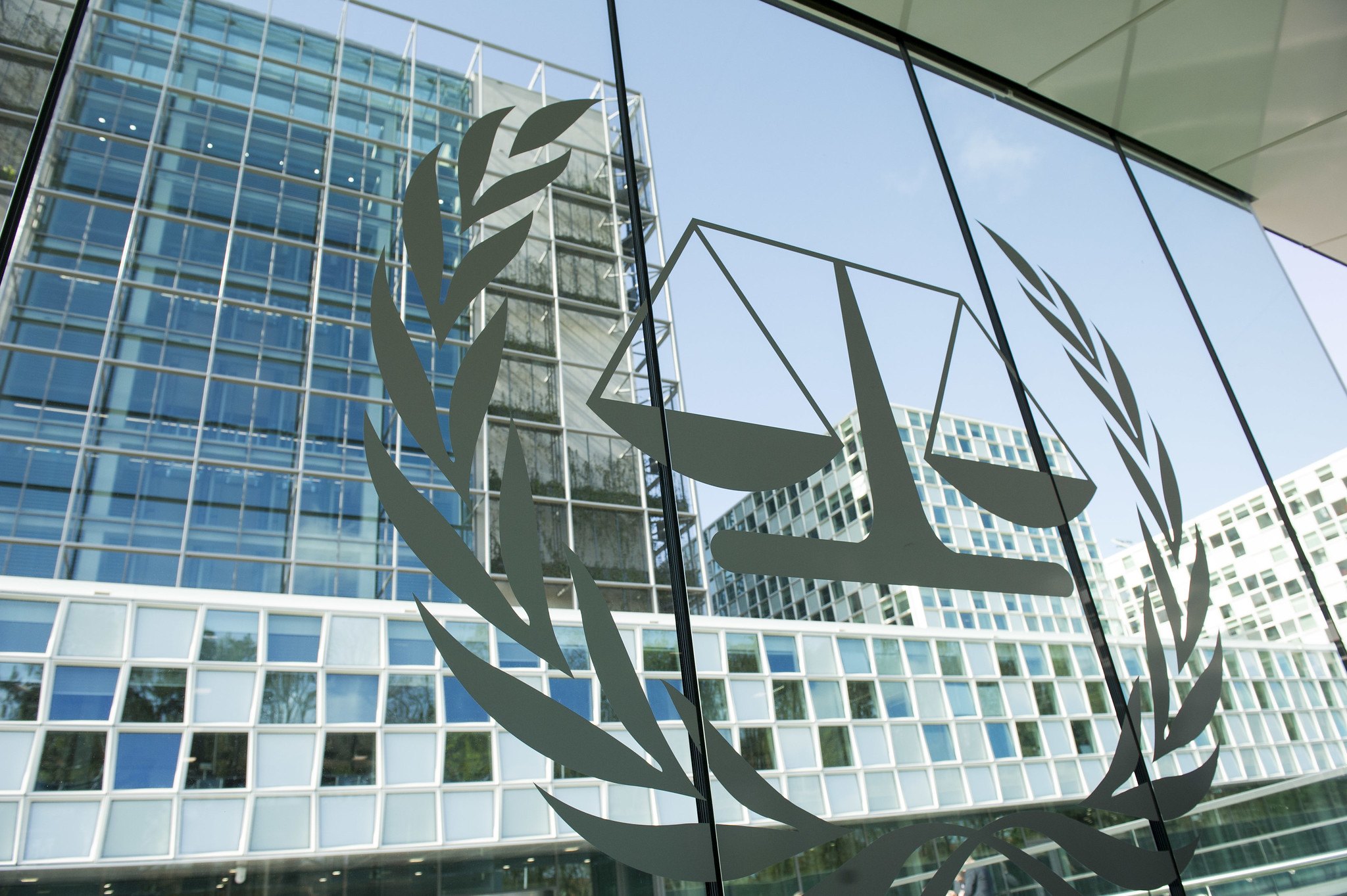One Thing the NDAA Would Have Done, and Might Yet Do: Tweaking the Lethal Ops Oversight Framework
Granted, the NDAA FY'16 has just been vetoed, and there probably aren't enough votes in Congress to override. But should it be the case that a deal gets worked out on the budget squabble, we may well see a version of it signed into law eventually. What else is interesting about it, besides the GTMO transfer constraints?
Published by The Lawfare Institute
in Cooperation With

Granted, the NDAA FY'16 has just been vetoed, and there probably aren't enough votes in Congress to override. But should it be the case that a deal gets worked out on the budget squabble, we may well see a version of it signed into law eventually. What else is interesting about it, besides the GTMO transfer constraints? Well, for one thing, it includes an interesting tweak to the recently-adopted oversight framework that requires DOD to keep the Armed Services Committees specifically updated in relation to lethal force operations under color of the 2001 AUMF, or Article II standing alone, when conducted in places other than theaters of major combat operations.
As careful readers may recall, the Senate NDAA bill proposed to eliminate the Afghanistan-exception to 10 USC 130f's requirement that the Secretary of Defense must give prompt written notice to SASC and HASC regarding "sensitive military operations" (defined as lethal ops conducted under the AUMF or Article II, if carried out outside of a theater of major hostilities). That in itself is interesting; it would leave the question of whether this oversight regime applies in Afghanistan to be determined with reference to whether Afghanistan at any given time counts as a theater of major combat operations, as opposed to the current approach which simply assumes that it is and thus excludes lethal operations there from this particular mode of oversight.
At any rate, the White House objected to this change, arguing that it was premature. So, what has happened since then?
The compromise bill that actually passed Congress includes section 1032, which keeps the repeal of the Afghanistan exception...but also provides that the repeal will not take effect until January 2018. In addition, though, the classified annex to the conference committee report apparently (according to the unclassified portion of the report) directs "periodic reporting on Afghanistan to the congressional defense committees" in the meantime. In short, some unspecified special reporting about Afghanistan operations would kick in immediately, while the question of whether U.S. activities in Afghanistan amounted to major combat operations would be pushed off till 2018.





